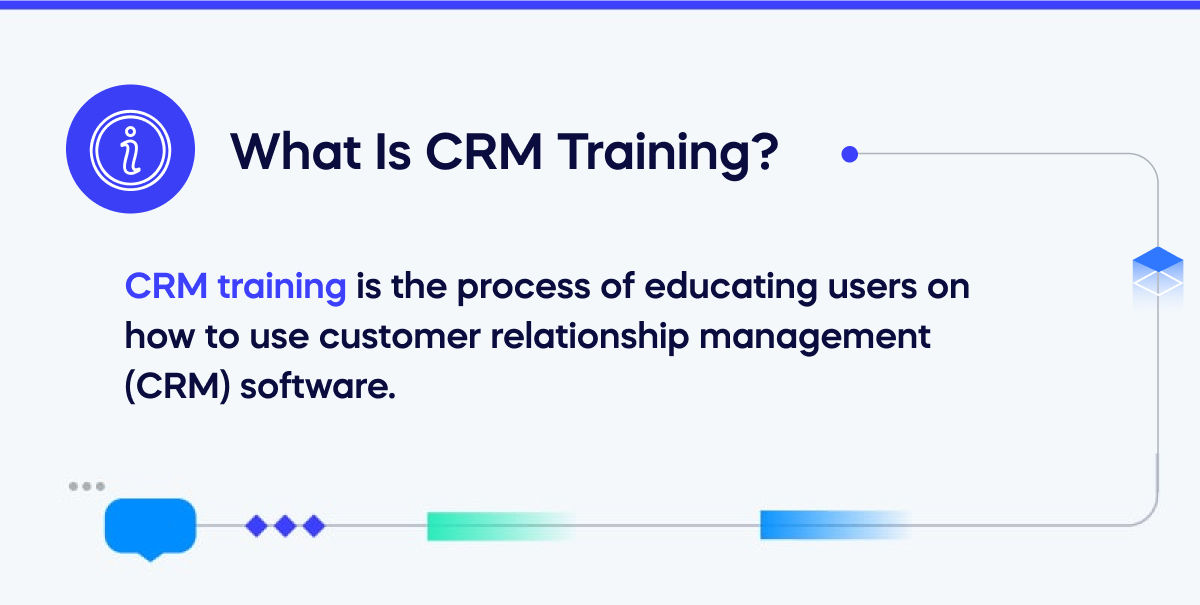Unlocking Possibilities: Zoho Education for a Virtual Change
In the current environment of digital transformation, organizations are constantly looking for strategies to enhance their efficiency in operations and stay ahead of the market competitors. One of the significant contributors in this change is the Zoho platform, a comprehensive suite of web-based tools designed to enhance various business processes. However, utilizing Zoho to its maximum capacity requires additional steps beyond implementation; it calls for a targeted strategy to education that empowers team staff to make the best of these robust tools with skill.

Zoho training is more than about grasping the capabilities of the software; it’s about fostering a environment of digital capability within the organization. By Zoho inventory training , businesses can ensure that their staff are also skilled in using Zoho applications but are also trained to promote new ideas and respond to evolving market needs. As organizations start their paths to digital transformation, quality training becomes vital in revealing the entire capabilities of the Zoho system, ultimately leading to improved productivity and measured growth.
Benefits of Zoho Training Program
Zoho training offers a thorough understanding of the different tools and features that can simplify operational workflows. By learning into features like CRM, PM, and finance, employees are more equipped of utilizing these resources effectively. This understanding leads to improved productivity in business operations, ultimately reducing time spent and reducing costs.
A key benefit of the Zoho training program is the enhancement of employee capabilities. As employees learn to navigate and operate Zoho tools, they gain a stronger technical proficiency that can be applied to different tasks. This upskilling not only increases confidence but also encourages a culture of continuous learning within the organization, which is crucial for digital transformation.
Finally, Zoho training fosters improved collaboration among team members. With a unified understanding of the system, employees can work in unison more smoothly, exchanging data and knowledge effectively. This teamwork encourages innovation and flexibility, allowing businesses to respond more swiftly to market changes and client demands, which is crucial in the fast-moving digital world.
Key Features of Zoho
Zoho offers a comprehensive suite of applications that cater to various business needs, making it a versatile choice for organizations navigating digital transformation. One notable feature is its integrated platform, which allows businesses to manage different functions such as sales, marketing, finance, and HR from a unified dashboard. This cohesion fosters collaboration across departments and ensures data consistency, thereby enhancing operational efficiency.
Another significant aspect of Zoho is its adaptation capabilities. Users can adjust the applications to meet their unique requirements, whether through personalized fields, workflows, or dashboards. This flexibility is crucial for businesses looking to implement solutions that correspond to their distinct processes and goals. The ability to customize the tools empowers teams to work more effectively, driving better outcomes in their digital transformation journey.
Additionally, Zoho focuses on user-friendly design and accessibility. Its intuitive interface helps employees quickly adapt to the tools, minimizing the learning curve often linked to new software. The availability of mobile apps ensures that teams can remain in touch and productive, whether in the office or on the go. This emphasis on user experience is essential in fostering widespread adoption of digital solutions throughout organizations.
Adopting Zoho for Transformation
Transforming an organization requires a thoughtful approach, and implementing Zoho as part of this initiative can provide substantial benefits. By harnessing Zoho's robust suite of software, businesses can streamline their operations, improve teamwork, and increase overall efficiency. Instructing employees in these tools ensures that they are prepared to realize their potential, enabling a smooth transition into a more tech-driven environment.
To secure a effective implementation, it is important to determine the specific demands of the business and tailor the Zoho tools as needed. This could require combining customer engagement tools, project oversight, or accounting solutions, all designed to support the business's aims. Ongoing education sessions can help employees understand the features and best practices for utilizing these tools effectively, cultivating a culture of perpetual enhancement and adaptation.
Lastly, embracing a response-oriented approach during the rollout process can lead to greater integration and happiness among employees. Regularly assessing how well the applications serve the company's needs allows for modifications and upgrades to be made in the moment. As employees become more proficient through training, they will play a role in the overall digital transformation journey, leading to a more adaptable and forward-thinking company.